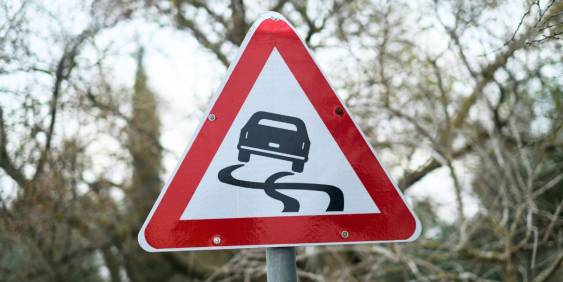KPMG


Court decisions and regulatory reform are changing the health and safety governance landscape.
This is an extract from our ‘D&O insurance – the shifting sands of risk’ report. It was produced by the Institute of Directors with contributions from insurance broker and risk advisor Marsh, and legal firm Dentons. Read the full report here.
Following the Whakaari/White Island eruption in December 2019, WorkSafe prosecuted Whakaari Management Limited (WML), the owner of Whakaari Island. It also charged its directors for failing to exercise due diligence. The charges focused on a suggested failure to ensure the safety of the walking tours which WML licenced tour operators to conduct, on the basis the island was a workplace which it managed.
The High Court held that WML did not owe a duty under the ‘workplace management’ section of the Health and Safety at Work Act, quashing its conviction in the District Court. It ruled that WML did not actively manage or control the walking tour “workplace” when this was just bare land. There was nothing for WML to manage or control, other than the work itself. Merely granting access to Whakaari was not enough to amount to management or control. However, the Court also explicitly confirmed ongoing uncertainty as to how this duty applies and what it means for commercial landlords.
Last year, the District Court found Tony Gibson, the former chief executive of Port of Auckland Limited, guilty of health and safety breaches leading to the death of a stevedore. Gibson was fined $130,000 and ordered to pay $60,000 in costs when sentenced in February.
Gibson was not directly involved in the relevant accident – the case provided groundbreaking confirmation that officers of a large company can be held liable for breaching their health and safety due diligence duty. However, it raises as many questions as it answers concerning the extent of an officer’s responsibilities, and when they may be charged. We understand the decision is now also being appealed.
The Minister of Workplace Relations and Safety, Brooke van Velden, has announced a host of health and safety reforms that are expected to be progressed later this year.
Carve out for small businesses: The Minister announced there will be a carve out for small low-risk businesses from general Health and Safety at Work Act requirements. This would amend the primary duty of care so that the exempt businesses only need to manage critical risks (those that could cause death, serious injury or serious illness) and provide basic workplace facilities.
Removing liability for landowners: The Minister proposed a change that would ensure landowners would not be responsible for those using their land for recreational activities. Health and safety responsibilities would fall only on the organisation running the activities.
Clarifying director duties: The Act will be amended to make clear that “day-to-day management of health and safety risks will be left to managers so that directors and boards can focus on governance and the strategic oversight of the business”.
Further clarity on this proposed change is still to come, and it is possible the Minister intends to limit the officer duties further than the Gibson decision.
Approved Codes of Practice (ACOP): Rather than WorkSafe leading the ACOP process exclusively, the Minister is proposing to allow individuals and groups (such as industry organisations) to initiate work on ACOPs, which the Minister herself would then approve against a set of standards. This is intended to speed up the issue of codes and ensure ACOPs ‘make sense’ for those who deal with the relevant risks. The Minister said if people comply with an ACOP, they will be treated as fulfilling their health and safety duties.
Focus on critical risk: The primary purpose of the Act would be sharpened to focus on critical risk, with the aim that it would reduce ‘tick-box activities’ that don’t protect workers from serious harm.
Notification requirements: Notification to the regulator would only apply to “significant workplace events” involving “deaths, serious injury, illness and incidents”. It is unclear how this will differ from the current Act, which requires PCBUs to notify the regulator of “notifiable events”.
Clarification of boundaries: The boundaries between the Act and other regulatory systems that manage similar risks are to be clarified. The Minister considers uncertainty in this area has been the source of overcompliance and confusion.
Road cone hotline: The Minister announced there will be a road cone hotline for the public to report excessive road cone usage, which WorkSafe will then investigate.